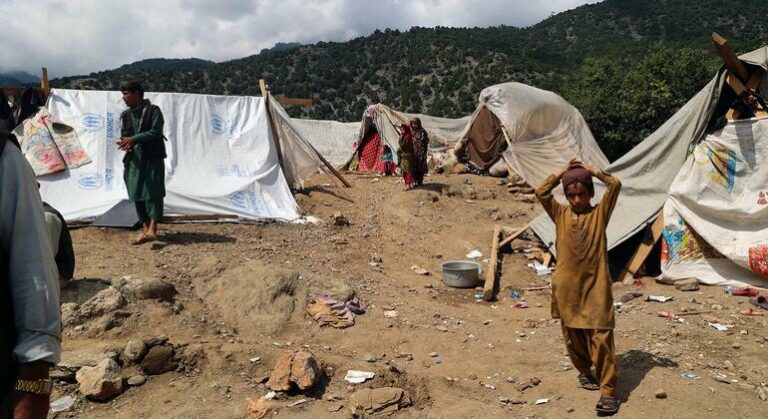
After the devastating fire that ravaged Los Angeles, the simple question “Are you OK?” has taken on a profound significance. While the initial shock and horror have subsided, the long-term effects of the disaster continue to unfold, leaving many grappling with complex physical, emotional, and financial challenges.
The fire caused widespread destruction, reducing homes and businesses to ashes. For the survivors, the immediate aftermath involved dealing with injuries, property loss, and displacement. Many were forced to evacuate their homes, leaving behind cherished belongings and facing an uncertain future.
Beyond the physical injuries, the fire also had a significant impact on the respiratory health of residents. The smoke and ash filled the air, causing respiratory problems and exacerbating existing conditions. Long-term exposure to air pollution can lead to chronic health issues, such as asthma and cardiovascular disease.
The emotional toll of the fire is immense. Survivors have witnessed the destruction of their community, lost loved ones, and experienced trauma. Many are struggling with anxiety, depression, and post-traumatic stress disorder (PTSD). The long-term psychological effects of the fire can be profound and lasting.
For some, the fire has also triggered memories of past traumas. For those who have experienced previous disasters or losses, the current event can be particularly triggering. It is crucial to provide mental health support to survivors, both in the immediate aftermath and in the months and years to come.
The fire has also had a significant financial impact on the community. Many businesses were destroyed, leading to job losses and economic hardship. Survivors may face challenges with insurance claims, rebuilding costs, and securing temporary housing. The financial burden can add to the stress and anxiety experienced by victims.
Furthermore, the fire has impacted the tourism industry, which is a major source of revenue for Los Angeles. The closure of businesses and attractions has resulted in lost revenue and job displacement. The economic recovery of the region will take time and concerted effort.
The road to recovery from the Los Angeles fire will be long and challenging. It will require collaboration among government agencies, community organizations, and individuals. Survivors need access to mental health services, financial assistance, and support from their community. The focus must be on both immediate needs and long-term recovery efforts.
The disaster has also prompted a broader discussion about disaster preparedness and prevention. It is crucial to invest in fire prevention measures, such as fire-resistant building materials and early detection systems. Additionally, community education and outreach programs can empower residents to take proactive steps to protect themselves and their property.
The question “Are you OK?” carries immense weight in the wake of the Los Angeles fire. While the physical devastation is evident, the emotional and financial burdens faced by survivors are equally profound. The path to recovery will be complex and require ongoing support and collaboration. By working together, we can help the community heal and emerge stronger from this tragedy.
It is important to remember that the impact of the fire extends beyond the immediate aftermath. The long-term effects on the physical, emotional, and economic well-being of survivors will continue to unfold in the months and years to come. Our commitment to support and resilience must be equally long-lasting.


